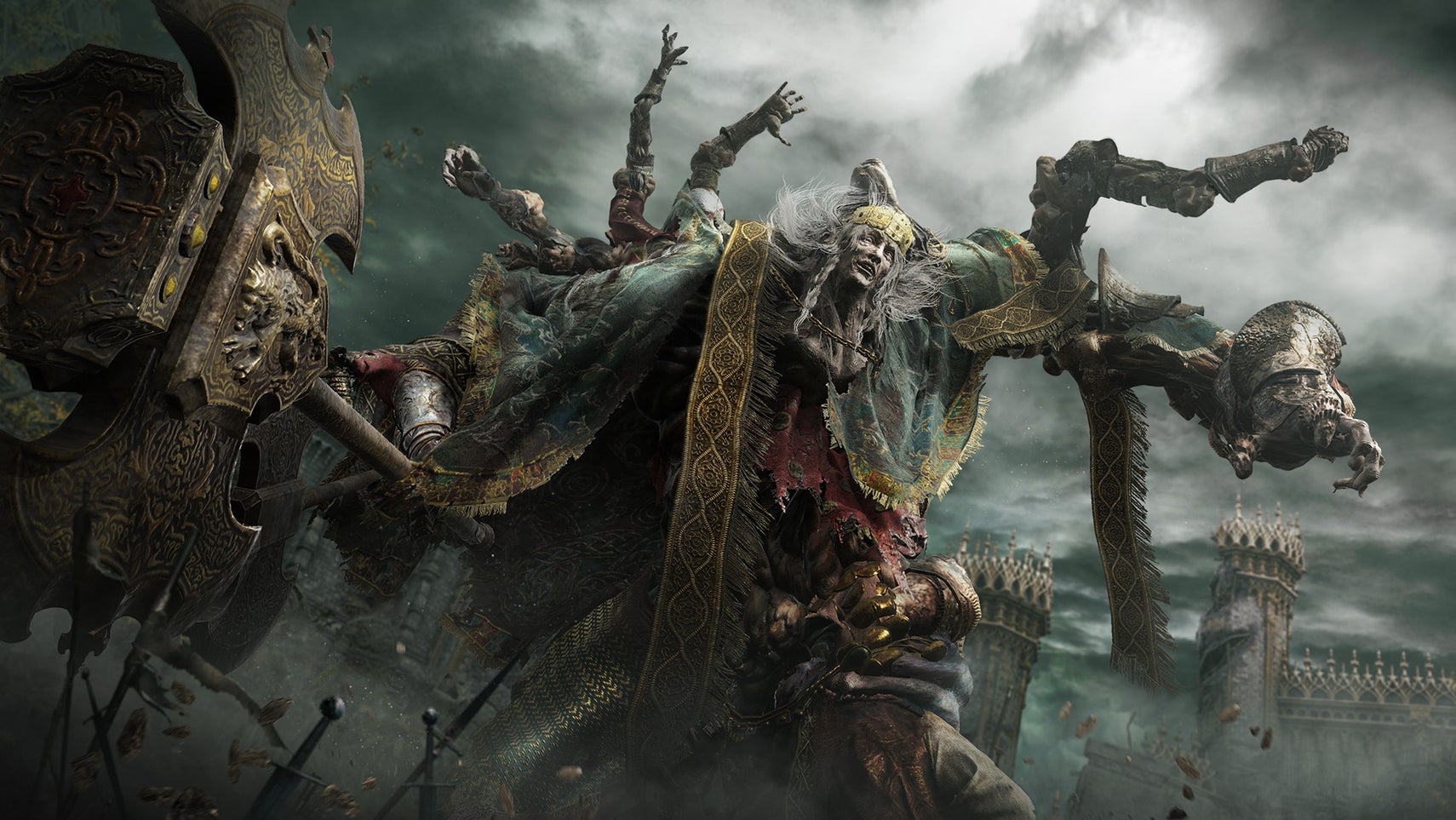Japanese publishers are calling on OpenAI to halt the use of their copyrighted creative works in Sora 2 without obtaining proper authorization

Several Japanese publishing giants, namely Square Enix, Bandai Namco, and Kadokawa, have urged OpenAI to cease utilizing their creative materials for training its generative AI, known as Sora 2.
The Content Overseas Distribution Association (CODA)—an organization established by Japan's Ministry of Economy, Trade and Industry along with the Agency for Cultural Affairs—has issued a public appeal to OpenAI. This plea highlights that a significant fraction of what Sora 2 generates bears a marked similarity to Japanese artworks and imagery.
Citing confirmations, CODA noted that outputs from Sora 2 closely mimic Japanese creative content. The body attributes this to the incorporation of Japanese works as algorithm training data. In instances where copyrighted materials appear to be replicated, CODA deems this could breach copyright laws.
Additionally, reports suggest that Sora 2 employs an opt-out method to comply with copyright owners' requests. However, Japanese copyright regulations typically necessitate prior consent for utilizing copyrighted content, with no provision to nullify infringement liabilities retroactively.
As a result, CODA seeks assurance that its members' works are not employed for AI training without authorization and insists on a genuine response from OpenAI regarding any inquiries or claims related to copyright breaches tied to Sora 2’s results.
The previous month saw Nintendo denying claims of advocating for governmental protections against generative AI threats to its IP. In contrast, Krafton, known for "Subnautica 2" and "PUBG", is making strides to become an AI-centric enterprise.
Microsoft Gaming CEO Phil Spencer has stated that their AI initiatives are largely focused on security and Xbox Live moderation, clarifying that there is no directive to integrate AI into creative development processes.